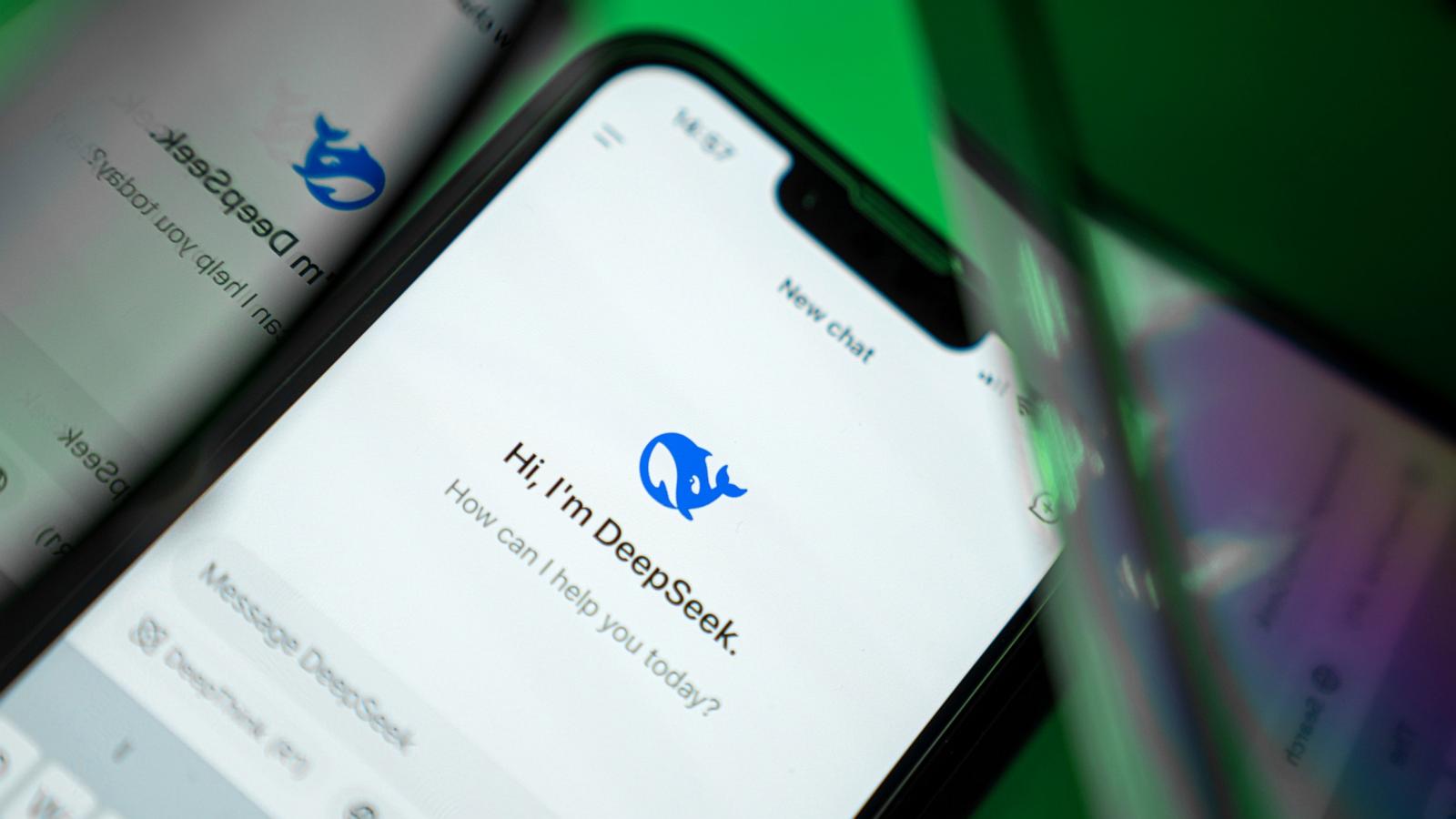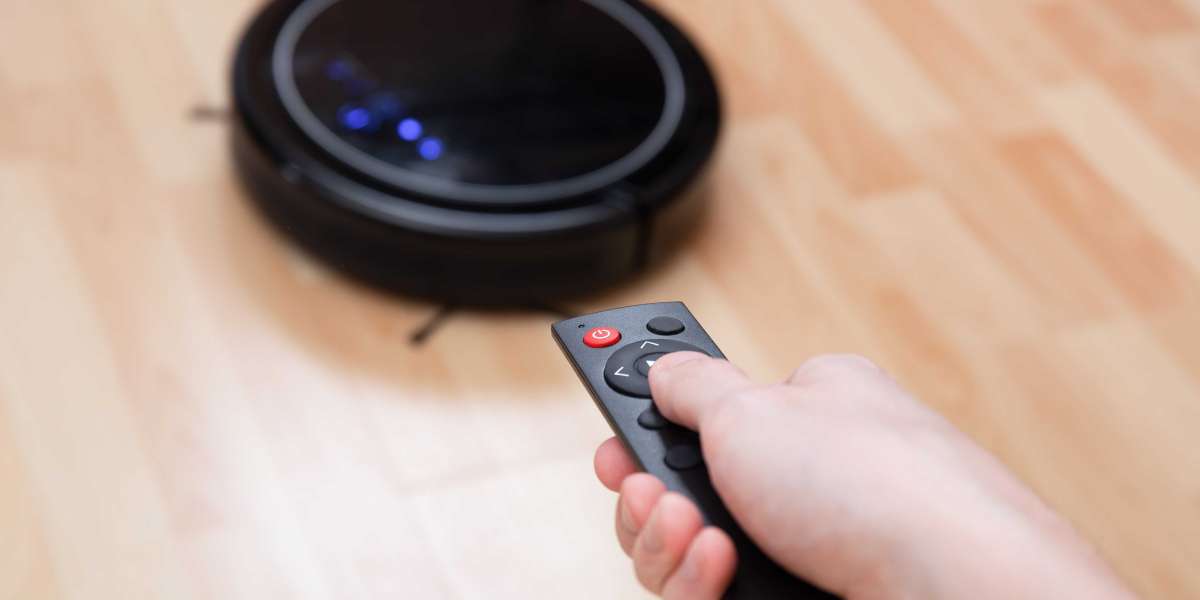
Lower-cost AI tools might improve tasks by offering more workers access to the innovation.
- Companies like DeepSeek are developing affordable AI that might assist some workers get more done.
- There could still be risks to workers if employers turn to bots for easy-to-automate tasks.
Cut-rate AI may be shaking up industry giants, however it's not likely to take your job - a minimum of not yet.

Lower-cost approaches to establishing and training expert system tools, from upstarts like China's DeepSeek to heavyweights like OpenAI, will likely permit more individuals to latch onto AI's performance superpowers, market observers told Business Insider.
For lots of workers fretted that robotics will take their jobs, that's a welcome advancement. One frightening possibility has actually been that discount rate AI would make it easier for employers to switch in low-cost bots for costly people.
Naturally, that could still happen. Eventually, the innovation will likely muscle aside some entry-level workers or those whose functions mostly consist of recurring tasks that are easy to automate.
Even greater up the food cycle, personnel aren't always free from AI's reach. Salesforce CEO Marc Benioff stated this month the company may not work with any software engineers in 2025 because the company is having a lot luck with AI agents.
Yet, broadly, for many employees, lower-cost AI is most likely to expand who can access it.
As it becomes more affordable, it's much easier to incorporate AI so that it ends up being "a sidekick rather of a hazard," Sarah Wittman, an assistant professor of management at George Mason University's Costello College of Business, informed BI.

When AI's cost falls, she stated, "there is more of an extensive acceptance of, 'Oh, this is the way we can work.'" That's a departure from the mindset of AI being an expensive add-on that companies may have a hard time validating.
AI for all
Cheaper AI could benefit employees in locations of a service that often aren't seen as direct income generators, Arturo Devesa, trade-britanica.trade chief AI architect at the analytics and information business EXL, told BI.
"You were not going to get a copilot, perhaps in marketing and HR, and now you do," he stated.
Devesa stated the path revealed by companies like DeepSeek in slashing the cost of establishing and executing large language designs changes the calculus for employers choosing where AI might settle.
That's because, for most big business, such determinations factor in expense, accuracy, and speed. Now, with some costs falling, the possibilities of where AI could appear in a work environment will mushroom, Devesa said.
It echoes the axiom that's unexpectedly all over in Silicon Valley: "As AI gets more efficient and accessible, we will see its usage skyrocket, turning it into a product we just can't get enough of," Microsoft CEO Satya Nadella composed on X on Monday about the so-called Jevons paradox.
Devesa said that more productive employees won't necessarily reduce demand for people if companies can establish new markets and new sources of profits.
Related stories
AI as a commodity
John Bates, CEO of software application business SER Group, informed BI that AI is becoming a commodity much quicker than anticipated.
That suggests that for tasks where desk workers might require a backup or somebody to verify their work, inexpensive AI might be able to action in.
"It's terrific as the junior understanding employee, the thing that scales a human," he said.
Bates, a former computer system science teacher at Cambridge University, said that even if a company currently planned to use AI, the decreased expenses would increase roi.
He likewise stated that lower-priced AI could offer small and medium-sized services much easier access to the innovation.
"It's simply going to open things approximately more folks," Bates said.
Employers still require people
Even with lower-cost AI, people will still belong, said Yakov Filippenko, CEO and creator of Intch, which helps professionals discover part-time work.
He said that as tech firms compete on price and drive down the cost of AI, numerous companies still will not aspire to remove workers from every loop.
For example, Filippenko stated companies will continue to need designers because somebody needs to confirm that brand-new code does what a company wants. He said companies hire employers not just to finish manual work; bosses likewise desire a recruiter's opinion on a candidate.
"They pay for trust," Filippenko stated, describing companies.
Mike Conover, CEO and creator of Brightwave, a research study platform that utilizes AI, informed BI that a good chunk of what individuals perform in desk tasks, in specific, consists of tasks that might be automated.
He stated AI that's more widely available because of falling expenses will permit human beings' innovative capabilities to be "freed up by orders of magnitude in terms of the sophistication of the issues we can fix."
Conover thinks that as costs fall, AI intelligence will also infect much more locations. He said it belongs to how, years earlier, the only motor in a cars and truck might have been under the hood. Later, as electrical motors shrank, they revealed up in places like rear-view mirrors.
"And now it's in your toothbrush," Conover stated.
Similarly, Conover stated omnipresent AI will let experts develop systems that they can customize to the needs of jobs and workflows. That will let AI bots manage much of the dirty work and allow workers going to explore AI to take on more impactful work and maybe shift what they're able to concentrate on.








